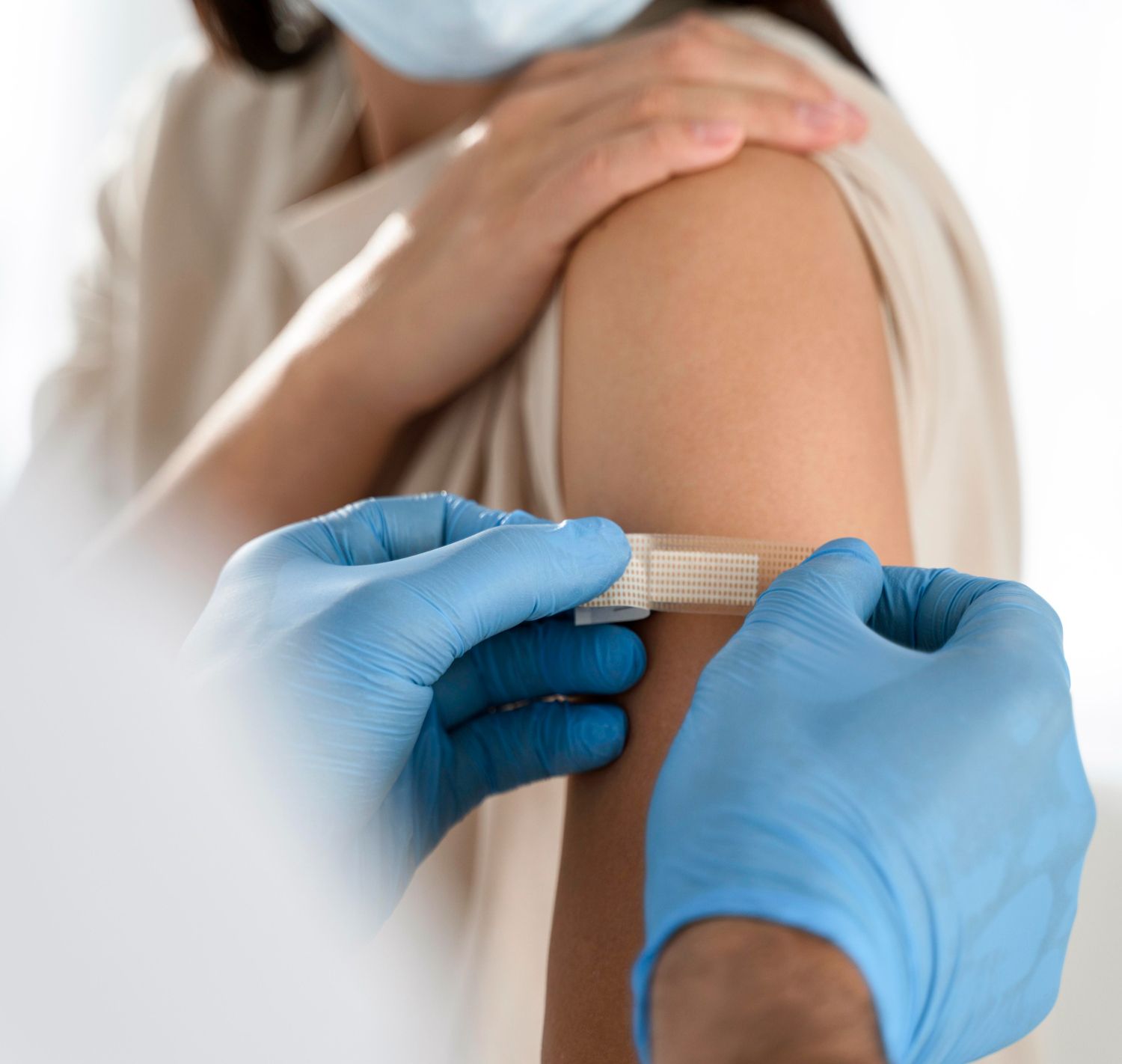Why are travel vaccinations important?
Traveling to tropical and subtropical areas can expose you to pathogens that are rare or nonexistent in Germany. Travel vaccinations not only protect you but also prevent the importation of dangerous infectious diseases to Germany. Timely vaccination advice is therefore an essential part of any travel preparation.
An overview of the most important travel vaccinations
Check standard vaccinations before long-distance trips
Before you receive special travel vaccinations, all standard vaccinations should be up to date according to STIKO recommendations:
- Tetanus/Diphtheria/PertussisEvery 10 years booster
- Measles/Mumps/Rubella (MMR)Especially important for those born after 1970
- PoliomyelitisBooster for travel to risk areas
- InfluenzaAnnual vaccination recommended
Mandatory vaccinations for certain countries
Yellow fever vaccination
Yellow fever vaccination is required for entry into many African and South American countries. The international vaccination certificate must be presented upon entry.
Important facts:
- Vaccination at least 10 days before departure
- Protection lasts for life
- Only possible at authorized yellow fever vaccination centers
Meningococcal vaccination
For pilgrimage trips to Saudi Arabia (Hajj/Umrah), a meningococcal vaccination (ACWY) is mandatory.
Recommended travel vaccinations by destination
Hepatitis A and B
Hepatitis A is one of the most common travel-related infections and is transmitted through contaminated food and water transmitted.
Hepatitis B is transmitted through body fluids and is particularly relevant for longer stays or high-risk activities.
- Hepatitis A: Protection after 2-4 weeks, booster after 6-12 months
- Hepatitis B: Primary immunization with 3 vaccinations over 6 months
- Combination vaccine available
Typhoid
Typhoid is spread by contaminated food and water transmission occurs particularly in South Asia, Africa, and Latin America.



















